Starfield Being Great Could Change Xbox’s Fortunes – Microsoft Needs To Accept The Importance Of Games Above All Else
Phil Spencer’s recent remarks have become almost the stuff of legend in the few weeks since he said them. In the wake of the Activision Blizzard acquisition bid falling through (thanks to the CMA in the UK blocking it at the last moment), as well as the disastrous launch of Redfall, the head of Xbox went to Kinda Funny Games for a candid chat, where, in what will likely go down as one of the most infamous remarks made by a gaming executive, he plainly stated that he saw no path for Xbox to win over PlayStation and Nintendo. Elaborating on his remarks, he said that even if the much anticipated Starfield turned out to be “an 11/10 game” it wouldn’t change anything, because no one would go sell their PS5 or Switch to play Starfield on Xbox instead.
Phil Spencer’s remarks in this context actually stand in stark contrast to the kind of remarks we have heard in the past from, say, legendary Nintendo President Satoru Iwata, who insisted that even the worst performing of Nintendo consoles could see its trajectory change because of the launch of one successful game.
Mr. Iwata was, of course, an executive who cut his teeth on game development, and loved everything about the medium – he loved making games, he loved playing games, he loved watching others play, he enjoyed thinking of new ways to expand the medium, both on terms of its reach, as well as in terms of design and mechanics. His perspective was uniquely grounded in the context of his background. However, at the very least as far as the Wii U (the worst performing Nintendo console in question) went, his faith did not bear out. Nintendo released a stream of shockingly high quality games on the Wii U for over three years, but the console limped to a miserable 13.5 million units sold worldwide, before being unceremoniously killed and shooed off the stage on the eve of the launch of its successor, the Nintendo Switch – which outsold the Wii U’s entire lifetime sales total in one year.
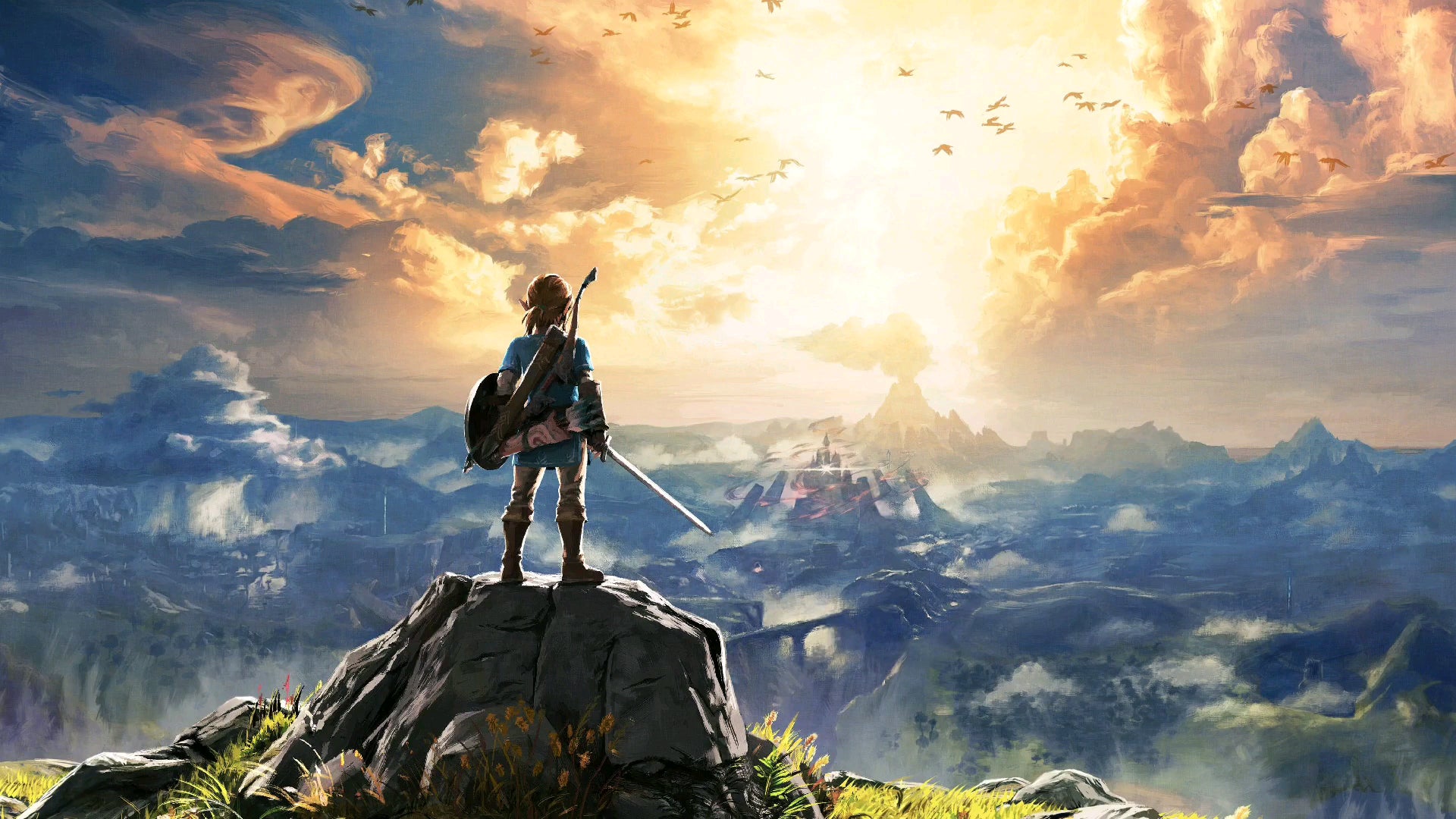
The argument here could be that the view that major game releases can change the fate of a system is wrong, as evidenced by the Wii U – but that argument misses the end of the story, the part where the Switch did well. And it did well off the back of one game. Not even an exclusive game, mind you – just one incredible game that it had available for it right at launch. Launching the Switch with The Legend of Zelda: Breath of the Wild instantly conveyed and communicated the system’s appeal to millions across the board, and set it off on a trajectory of rapid sales success to the extent that today, the Switch is the third highest selling video game system of all time. It has sold more than the PS4, it has sold more than the Wii, it has sold more than the Xbox 360; the only things it hasn’t sold more than are the PS2 and the DS (and the system still has a couple of years left in the tank, so it should at least end its run fairly close to those two, even if it can’t quite unseat them).
The Switch, today, is six years old, and still continues to outsell other hardware on the market on a routine basis. The PS5 and the Xbox Series X are both newer consoles with significantly better and more sophisticated technology (they are, put plainly, very literally two whole generations ahead of the Switch in terms of pure hardware prowess). They are both consoles that are now past the initial shortages that plagued the early few years of their life cycles, in the wake of COVID-19, a global economic recession, a supply chain crash, and a war, all of which made it harder for them to be made and shipped than either Sony or Microsoft had ever wanted. They are readily available, and the PS5, at least, is in the midst of an incredible, record breaking run thanks to a slew of great game releases and savvy marketing.
In spite of this, in April, the NPD Group (er, Circana now, I suppose) reported the Switch outsold the PS5 and the Xbox Series X – and the Switch outsells the other two systems fairly frequently still, in spite of its age. It’s not because it’s much cheaper (the Switch OLED is only $50 cheaper than the cheapest PS4, and is actually $50 more expensive than the budget priced Xbox Series S). It’s not because of shortages anymore (as mentioned, shortages for all consoles effectively ended towards the end of 2022). It’s because of one thing, and one thing only – the Switch continues to get an inspired slew of great game releases that keeps interest in the system high. The system, which launched with outdated hardware, a not inexpensive asking price, and no functionality or features other than the ability to play games, stands as the ultimate manifestation of Satoru Iwata’s long held belief – what sells game systems, in the end, are games. The Switch keeps selling because it has amazing games, existing catalog and new releases alike. If you want to play Pokemon Legends Arceus, you’re not going to be able to play them on your PS5, no matter how much better the hardware on that console might be, the Switch is the only way to play those games. And so, the Switch sells.
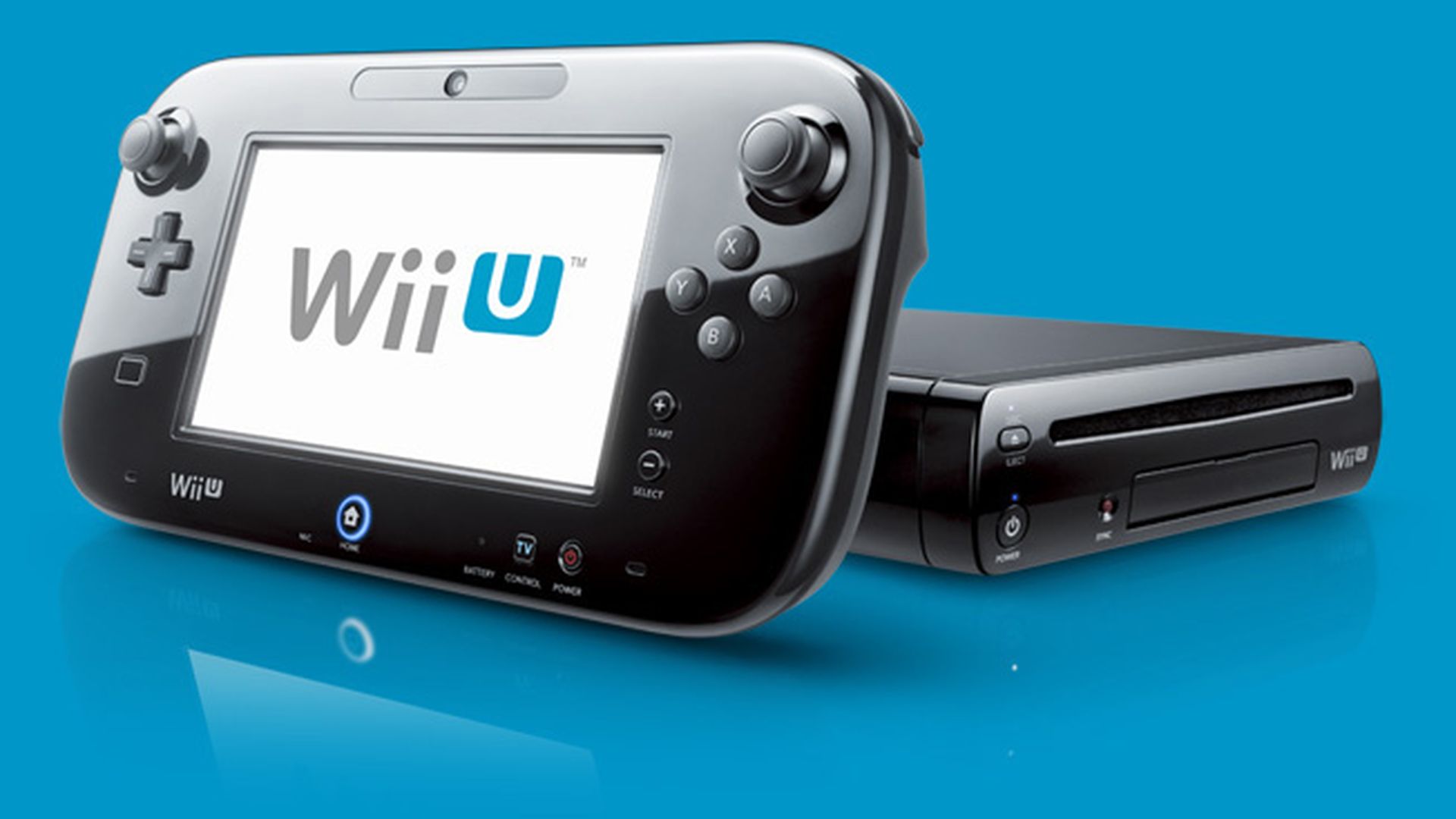
The Wii U, of course, was not so lucky, but the Wii U suffered from multiple other factors – it was poorly marketed, poorly understood, its central hardware value proposition was unclear to everyone (including, seemingly, Nintendo), it got abandoned en masse by third parties just months after release, causing the cadence of new game releases to slow down to a trickle, and all of those factors came together to just make the entire value proposition of spending a few hundred dollars on a Wii U completely undesirable. At that point, it does not matter how many great games you have, if the only way to play them is to do so via a machine that people simply do not like using, they will forego playing the games, and the machine will continue to flounder. Nothing was going to save the Wii U.
I bring this up not just to draw the contrast with the Switch (where the hardware itself remains perennially appealing due to its simplicity and flexibility, which remains unmatched in spite of a slew of imitators rising in its wake, and where the marketing and branding has been on point; not to mention the historic best for Nintendo third party support the system has enjoyed as well), but also to point out that… none of this is true for Xbox Series X. The hardware is fundamentally appealing and well priced. Third party publishers are continuing to support the system with most or all of their major games (albeit some, like Square Enix, are a bit shakier with their support). The system itself has a ton of appeal and value proposition, with powerful hardware, great multimedia functionality, and innovations such as Game Pass. And while the branding is… okay, the branding sucks, but it also does not matter because the Xbox at this point is an entrenched brand, to the extent that it almost doesn’t matter what a new console is called, people just think of it as “the new Xbox”.
All of which is to say – the Series X does not have the deck stacked against it like the Wii U did. It very well could sell, and sell very well. But that requires a concerted effort to release an ongoing cadence of mass-market appealing hits, and that is where Microsoft has been failing (and where, seemingly, they seem to have given up on even the idea of competing). The Series X had a lot going in its favour – positive momentum from customer friendly moves made by Microsoft coming into the generation, having the more powerful console, Microsoft beefing up their first party initiative by acquiring the beloved publisher Bethesda, and Sony continually putting their foot in the mouth with their messaging in a lot of ways. All that was needed was for Microsoft to seal the deal with the games, and they… didn’t.
2021 was a great year for them admittedly, and the back-to-back punches of Forza Horizon 5 and Halo Infinite injected the brand with some renewed momentum, which… then dissipated because Microsoft had the brilliant idea of following up on them with absolutely nothing for months. After Halo Infinite (we’ll come back to this in a minute) in December 2021 (we’ll come back to this in a minute too), their first major new release was Redfall in May 2023, and Redfall is a catastrophe (but I don’t feel like picking on that game any more, everything that could have been said about it has been said so let’s move on).
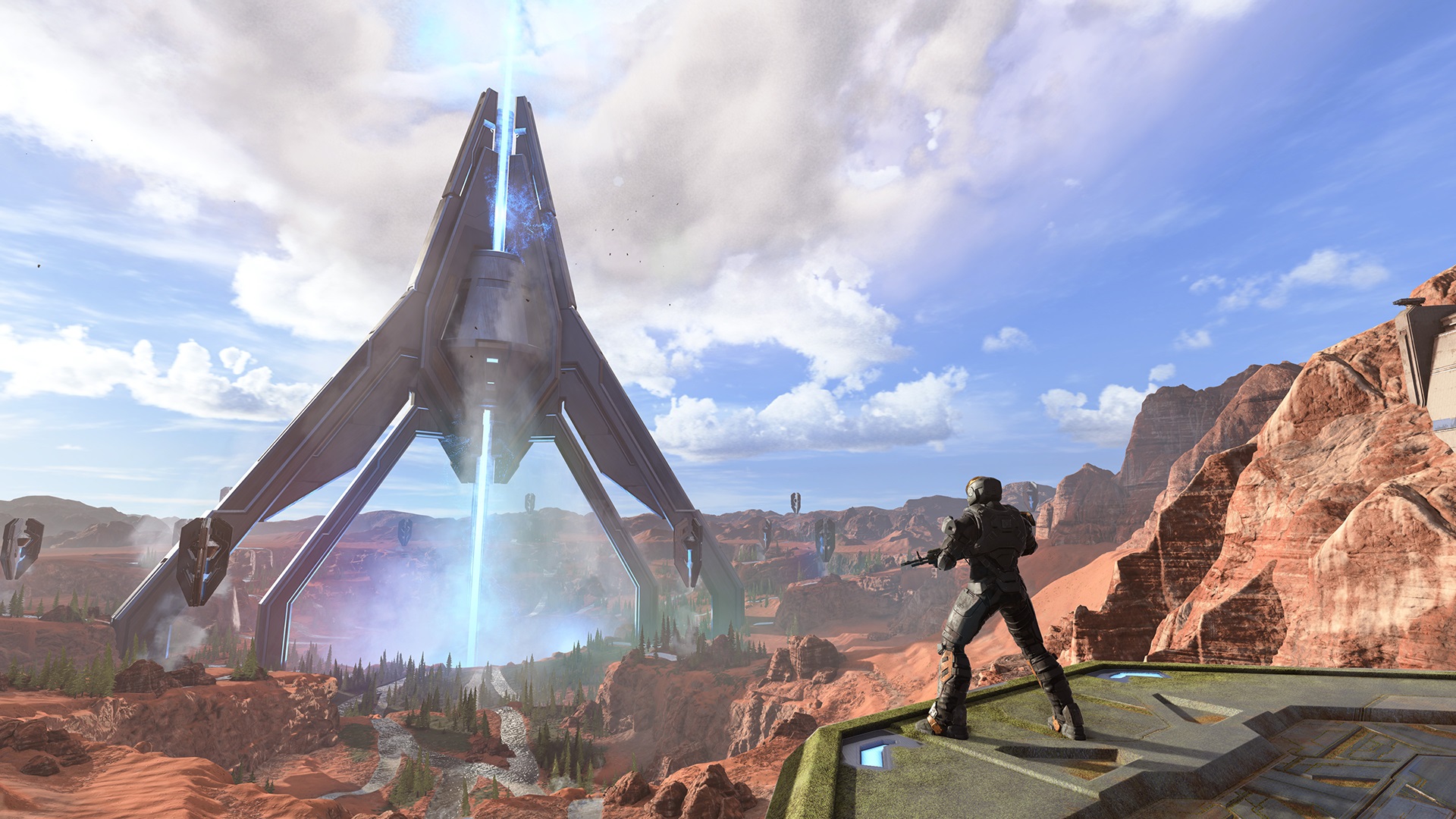
Let’s return to that “after 2021” point for a minute. After that, Microsoft released on Xbox Microsoft Flight Simulator six months later (which is a great, amazing game, but it was also a late port of a fairly niche title to begin with); Deathloop and Ghostwire Tokyo (belated ports of games by Bethesda studios that had been PS5 exclusive for one year, thanks to contracts in place from before Microsoft acquired Bethesda) – these, by the way, weren’t great, and Ghostwire is actively worst on Xbox of all the platforms it is available on (so much for the “most powerful system ever”); a late port of Age of Empires 2 (look, I love Age of Empires 2, it is one of my favorite games ever and also one of the best games ever made, but it is 25 years old, already widely available and played on PC, and in a genre that’s not even popular on consoles to begin with); and, of course, Pentiment and Hi Fi Rush, both great smaller scale passion projects that are undoubtedly worth playing with no caveats whatsoever – except that they aren’t the kinds of games that you can sell a console on the back off, they are the kinds of games that fill in the gaps between big blockbuster releases.
Blockbuster releases like Halo (I told you we’d get back to this). What happened with Halo Infinite? That game launched with little to none of the expected features and almost no content, and got rave acclaim at launch because it was mechanically so sound and well designed everyone was sure it would be fantastic when the content and features inevitably came. And then they just… didn’t. In what might be the most spectacular instance of snatching defeat from the jaws of victory long after you have already won, content kept getting delayed, features kept getting canceled, and more than a year out from launch (with promised functionality like the long awaited co-op mode scrapped), Microsoft gutted developer 343 Industries and confirmed that no single player content was really going to come.
So, in this all important period following the console’s launch, with some momentum finally going their way, Microsoft:
- Proceeded to not release any major new games for 17 months, with the game breaking that dry spell being an utter disaster;
- Proceeded to release a bunch of cool titles, which took the form of late ports of niche stuff, or late ports of not niche stuff that somehow played worse on their console than the competition’s;
- Proceeded to only release two new good games, both of which were small scale, digital only releases with no marketing, and no ability to push console sales like a tentpole would;
- Proceeded to somehow retroactively make the tentpole game they did have out worse.
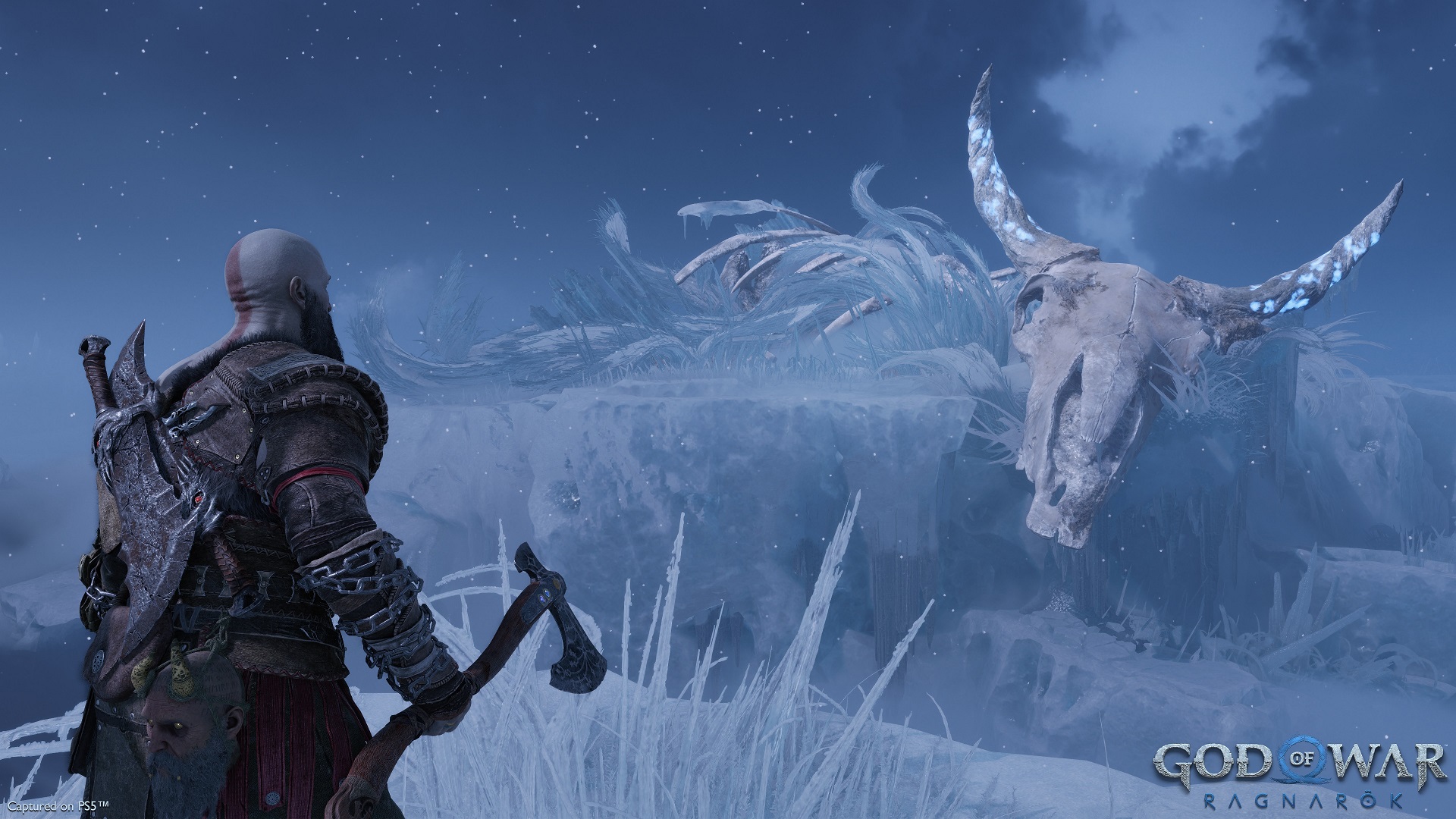
Of course sales fell behind! They didn’t fall behind because people will buy PlayStation blindly no matter what – in this same period, Sony released Gran Turismo 7, Horizon Forbidden West, and God of War Ragnarok, they made sure to market their games, they made sure to market their console, they made sure to get branding and marketing deals for most major third party titles to ensure PS5 would remain top of mind for customers no matter what game they were thinking of.
So let’s come back to the original statement – Phil Spencer thinks it doesn’t matter what games are released, it won’t matter because people won’t sell their PS5s to buy an Xbox for Starfield, and that seems… awfully short sighted, and almost entirely missing the point? Your immediate goal shouldn’t be to sell Xbox at the expense of PS5 or Switch, it should be to also sell it. Right now the goal should be to get the Xbox selling, get it out there in the hands of as many millions as possible. Sure, for now, many (or even most) might continue to treat their PlayStations as their primary consoles, but that’s okay. Right now you want a foot in the door – once you have that, a steady stream of great releases (yes, it can’t just be a one and done, you need a steady stream of good releases to keep the momentum going, or we just end up with a repeat of what happened in late 2021 again) and some great ecosystem value adds like Game Pass can (and inevitably will) start siphoning players away from the competition to Xbox as their primary platform.
Do you know how I know that? Because this is almost exactly what Sony did in the PS3 era. When the Xbox 360 was clowning them, they didn’t throw their hands up and say, well, nothing can be done, they doubled down and started to put out banger after banger after banger, all exclusive to PS3. They started revamping their console ecosystem, with great innovative initiatives such as Cross-Buy and PS Plus offering free games for a subscription to keep people engaging with PS3 beyond just the exclusives. And slowly, slowly, but surely, they managed to unseat the Xbox brand as the de facto brand again. And they haven’t let go since.
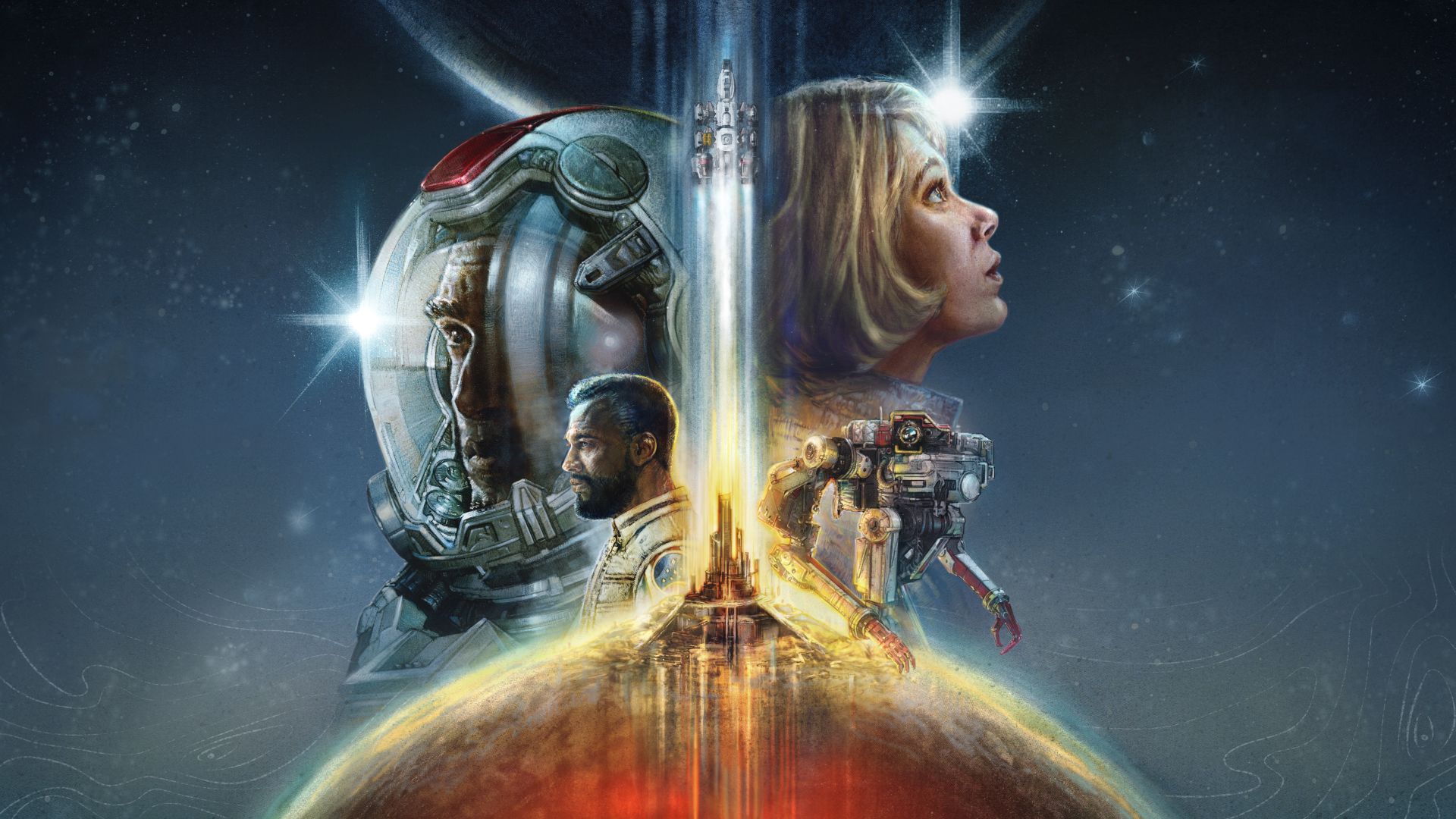
So with all due respect to him, Phil Spencer is missing the point here. Yes, Starfield could be an 11/10 and that might not cause people to sell their PS5s and buy Xbox, but it will cause them to buy Xbox. And once they have an Xbox, you have your foot in the door. You have an appealing machine that these people own – if you can keep them engaged with great games and great ecosystem initiatives, you will make inroads. And you will gain the marketshare you want.
Sony understood this. Nintendo understands this (they just saw Switch sales spike again, more than six years after launch, thanks to the release of their newest masterpiece in Tears of the Kingdom). Microsoft, for some reason, refuses to entertain the idea for now, at least going by what Spencer said.
I hope that Starfield comes out is a great game that does well, which causes a spike in interest for the Xbox brand. Because if that happens, Microsoft might yet understand the value a single game can have in changing the course of a system’s life. I sincerely hope that, after 23 years in the console industry, Xbox finally understands the importance and primacy of one thing above all else when it comes to selling game consoles – games.
Note: The views expressed in this article are those of the author and do not necessarily represent the views of, and should not be attributed to, GamingBolt as an organization.


Comments are closed.